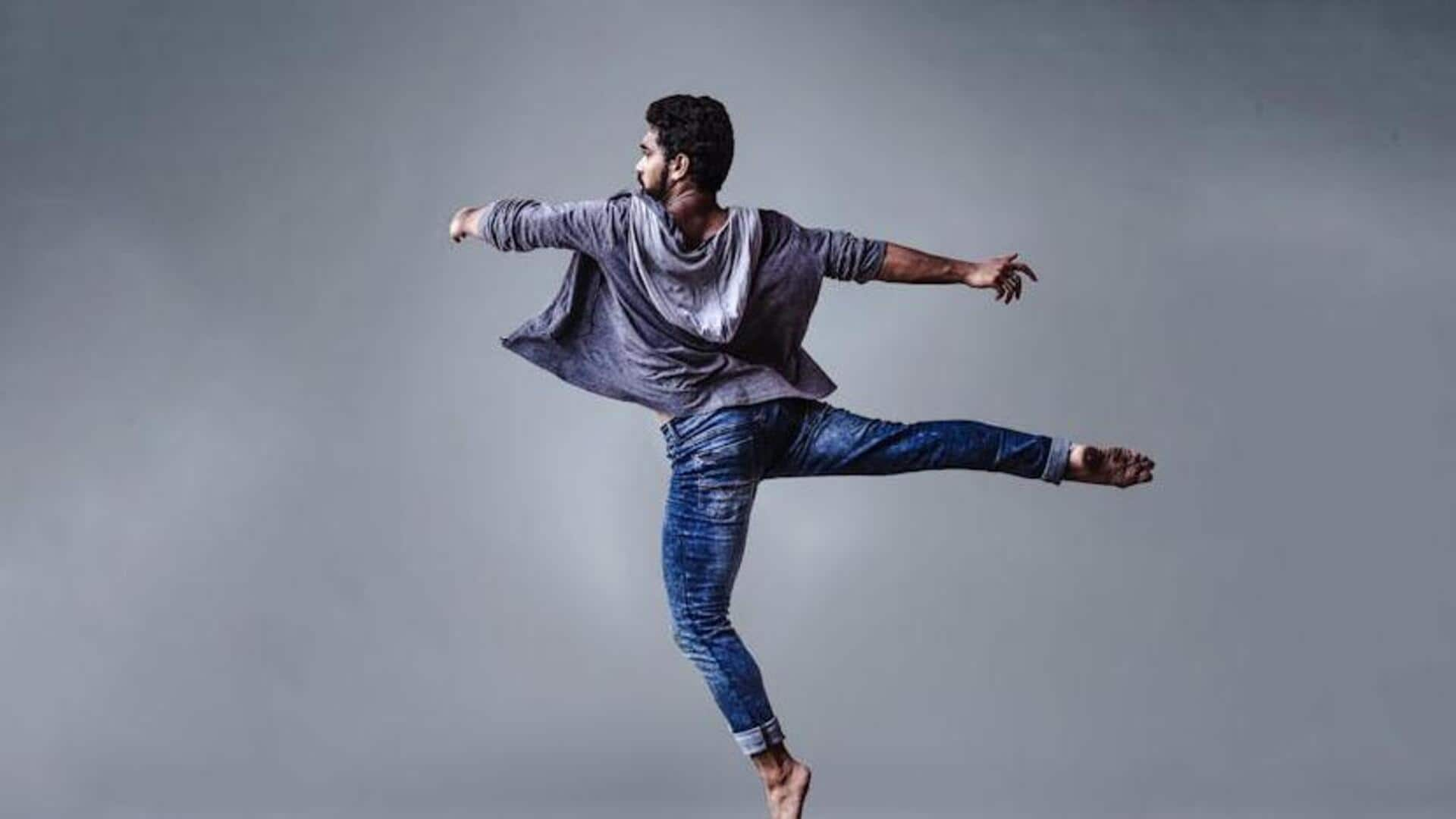
Boosting happiness with Dance Movement Therapy (DMT)
What's the story
Dance Movement Therapy (DMT) is a unique form of therapy that combines the power of dance and movement to improve physical, emotional, and mental health. It is based on the principle that the body and mind are interconnected, and that movement can have a profound impact on our mental state. This article explores how DMT can be a powerful tool for boosting happiness and overall well-being.
Foundation
Understanding the basics of DMT
Dance Movement Therapy is a globally acknowledged psychotherapeutic use of movement and dance. It assists people in the integration of emotional, cognitive, physical, and social aspects of their lives through movement. Sessions are conducted by trained therapists who encourage participants to engage in movements that facilitate the expression of emotions without words. This can result in mood enhancement and decreased stress levels.
Connection
The science behind movement and mood
Research indicates that physical activity, including dance, triggers the release of endorphins in the brain. These chemicals serve as natural mood enhancers. In fact, one study revealed that participants who attended regular dance sessions experienced a 30% increase in happiness levels compared to non-dancers. Dance Movement Therapy also integrates mindfulness techniques, proven to reduce anxiety and depression.
Integration
Incorporating DMT into daily life
There is no equipment, no skill needed to start with Dance Movement Therapy. People can start by setting aside a few minutes each day to move however they want to music they love, or even in silence, concentrating on how their body feels with each motion. And, while joining a DMT group or class led by a professional can be beneficial for structured guidance, it isn't a must.
Expansion
Benefits beyond happiness
Dance Movement Therapy doesn't just make you significantly happier, it also brings a host of health benefits. These include increased flexibility, improved balance, enhanced strength, and better cardiovascular health. Plus, participating in DMT sessions with others fosters social connections. This sense of community offers emotional support through shared experiences, amplifying the therapy's positive effects on well-being.
Beginning
Tips for getting started with DMT
To delve into Dance Movement Therapy, search for classes or workshops in your area led by trained therapists. At home, set aside time each day for intuitive body movement. Use beginner-friendly videos or apps online. Most importantly, remember there's no wrong way to move; concentrate on what feels right. Maintaining a journal to record your emotions before and after sessions can be beneficial.